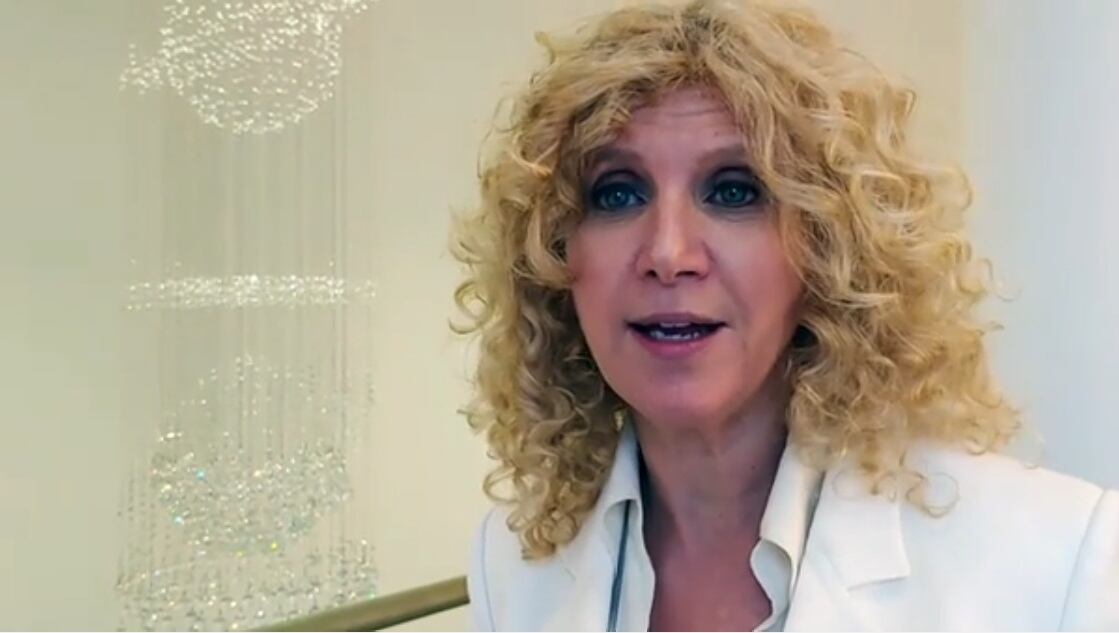Speaking at NOSH Live in New York City last month, Bobo’s CEO T.J. McIntyre acknowledged that cash flow is one of his least favorite topics related to business development, but “it is really pertinent,” and cannot be ignored because “similar to the sun or a spouse … when it goes away from you, it really starts to hurt in a number of ways that you maybe haven’t anticipated.”
With that in mind, he advised startups and entrepreneurs to first and foremost prioritize revenue, even if it means slightly deviating strategical to add incremental revenue – such as by distributing through discount retailers.
“I will be honest that some of those discount retailers, like TJ Maxx and the like, you can achieve relatively high on-going revenue. It is not strategic. It is not a brand builder. But sometimes your company needs some of that extra cash, like an extra $50,000 or $100,000, which can go a long way for covering some of your operating expenses. So, I wouldn’t lift your nose at that and say it denigrates your brand,” he said.
Reflecting on his time at several high profile CPG brands before he joined Bobo’s Oat Bars, McIntyre shared other key priorities that entrepreneurs should consider to maintain a healthy bank balance during the critical first few years and s fast-growth period.
‘Continuously achieve cost excellence’
Hand in hand with prioritizing revenue, McIntyre said companies of all sizes need to continuously achieve cost excellence.
Bobo’s does this by being “maniacal about coming together at least every four weeks and looking at the cost structure on our product,” including the cost of ingredients, shipping rates and pulling in operations and logistics teams before and after big events, such as trade shows.
While monthly meetings might sound excessive, McIntyre says they aren’t – especially during the first few years and high-growth periods.
‘If your business is growing at 30% or 60%, your costs are going to be going down every couple of quarters and it is key to continually argue with your suppliers and put the screws to them as well,” he said.
Include an estimated process review in regular P&L management meetings
In addition to the monthly revenue meetings, Bobo’s has quarterly estimated process meetings, which McIntyre says he hated doing when he worked at publically traded companies but which he acknowledged are “really essential.”
At the meetings, he said the company reviews quality, innovation, company morale and how it is performing against its broader mission.
“It is really important to recognize that when you are being distracted [by daily fires] you have to come back every 90 days and figure out where your estimated process is in addition to your key financials and P&L and the rest of the KPIs in the business,” he said.
Address illegitimate deductions
When every dollar counts, McIntyre recommends companies address head on “illegitimate deductions” related to fills.
“We have customers – they might be a distributor, they might be a retailer – that prey on us. They are inefficient at managing the business and it is not fair for them to put their hands in our pockets, and I continuously talk about it with our accounting team … and we fight back as hard as we possibly can and make them know it is going to be really painful if they try to put that in or try to take that 5,000 bucks from us,” he said, adding: “It just forces all of us to raise more money than we necessarily need.”
Demand operating expense budge adherence
McIntyre also emphasized that there “is no excuse for any team to blow a budget on op-ex” because everyone should know the marketing spending and travel budget and rent.
“Those are very easy to control. All of you, as leaders, as companies, should demand that is never over budget,” he said.
Avoid infrastructure general and administrative expenses
Many startups operate efficiently with lean teams and to the extent possible, McIntyre encourages leaders to carry forward that value and work ethic as the company grows.
“We need to be really careful with our cash and what money we spend at Bobo’s to ensure it is really going to be focused on building revenue,” which is why McIntyre said he is hesitant to see funds go to G&A unnecessarily.
“I am happy to talk about sales people or trying to build an Amazon or ecommerce team, but when it comes to HR or finance or accounting, I say we just have to hold and hold and hold and pitch in and see what we can do to get some of that work done, because that is not a great long term investment until you really push that to the maximum,” he said.
Innovate with a purpose
Taking a step back from speaking exclusively about cash, although it certainly touches on it, McIntyre urges entrepreneurs and young companies to be thoughtful when it comes to innovation – which can be resources intensive.
Specifically, he advises companies not to become “scattered” by innovating in too many new categories too soon.
“I see a lot of brands that have all this innovation and they are hitting on first base in five or six different categories,” but he advised it is better to focus on capturing share in fewer categories until the company is one of the top three players in the space, he said, adding again, it all comes down to using funds wisely and efficiently.



